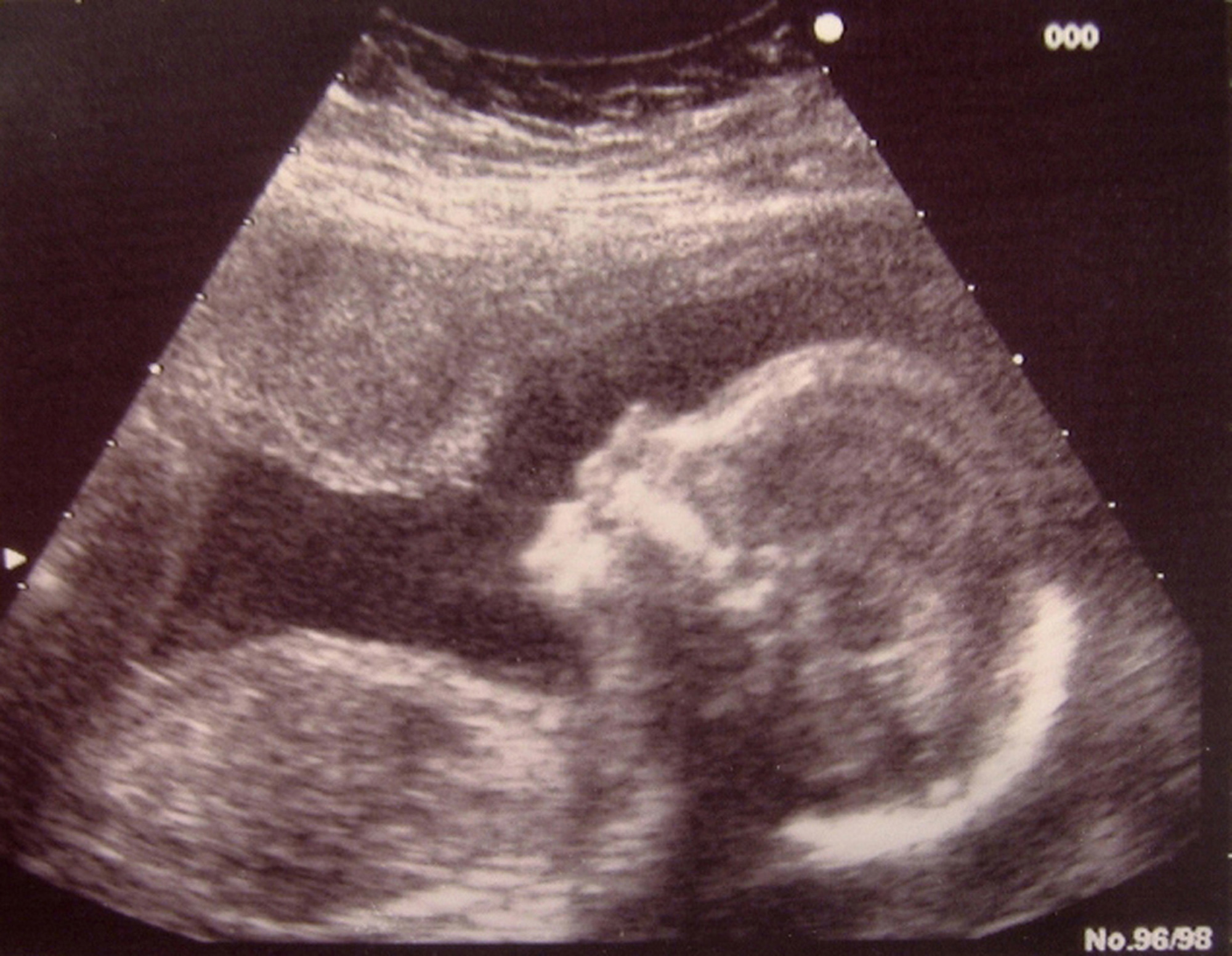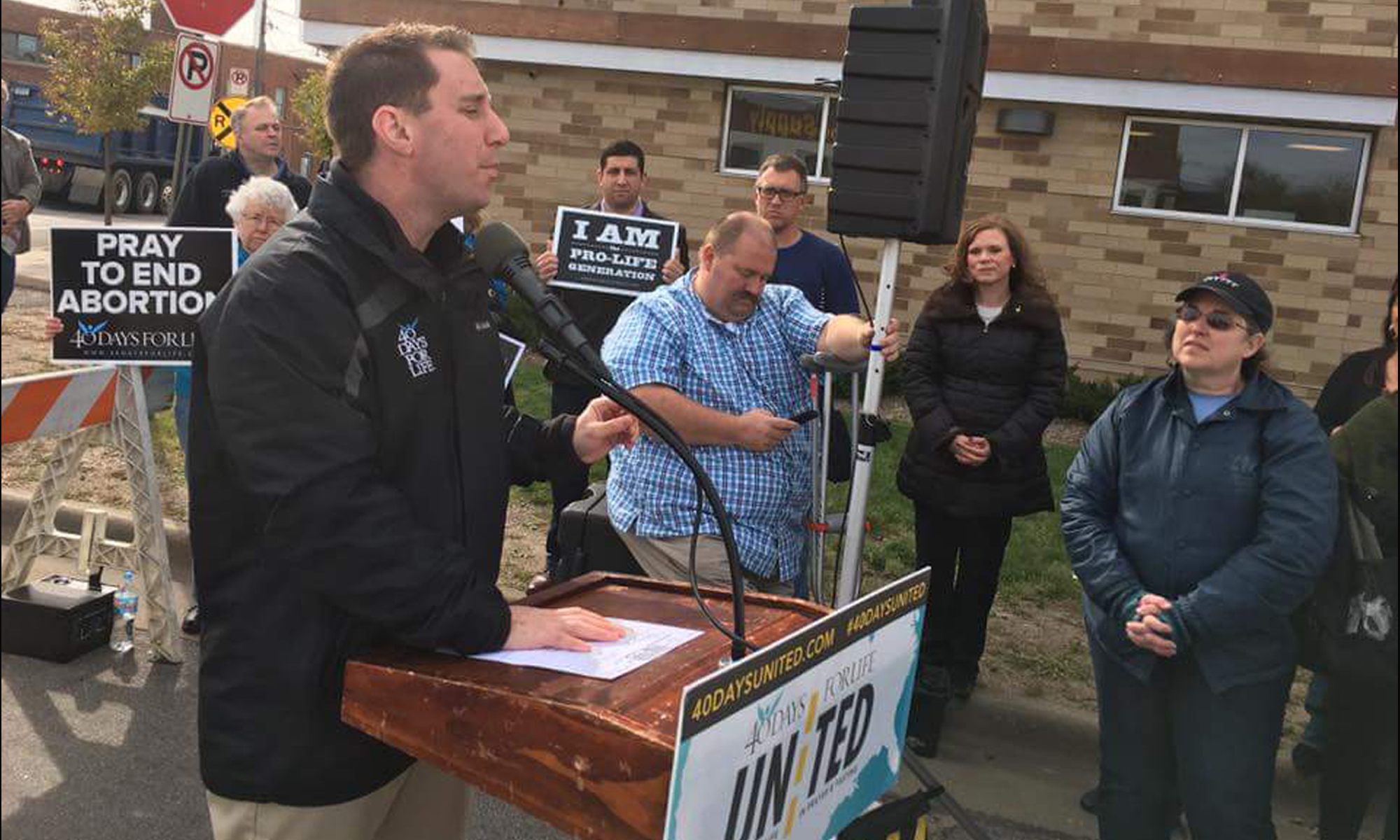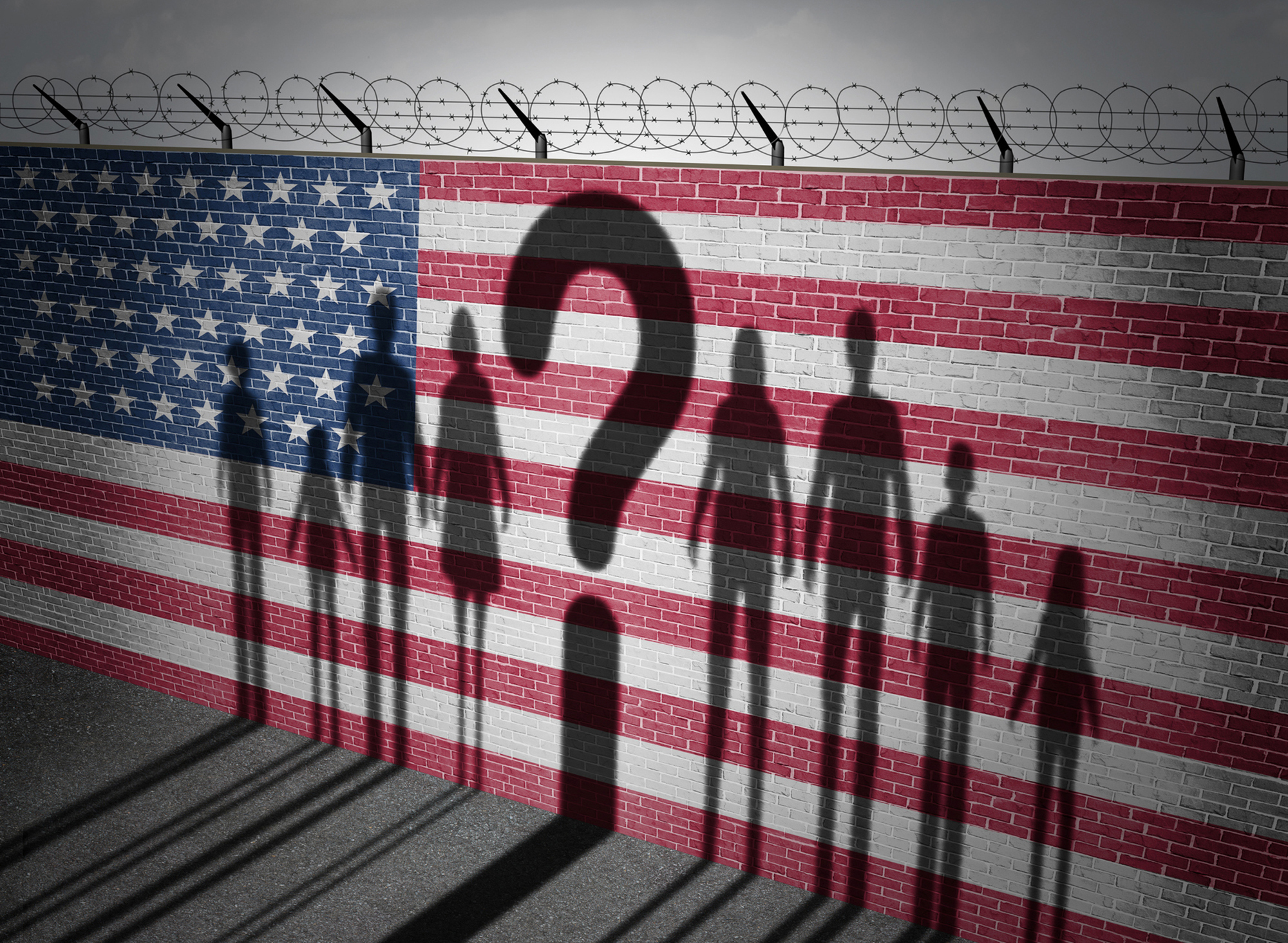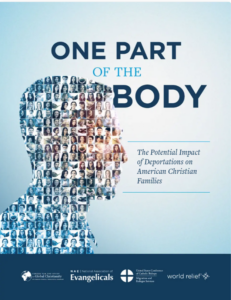
WASHINGTON (BP) — The Supreme Court refused on Tuesday (May 29) to hear a lawsuit over a 2015 Arkansas law that requires abortionists to contract with doctors at nearby hospitals who can help women if complications arise from the use of mifepristone and misoprostol, drugs that work together to end early pregnancies.
 Pro-life leaders cheered the move while Planned Parenthood took its next step in challenging the law. A hearing was set for Friday in Little Rock, Ark. Meanwhile, the abortion giant has canceled appointments at its facilities in Fayetteville and Little Rock.
Pro-life leaders cheered the move while Planned Parenthood took its next step in challenging the law. A hearing was set for Friday in Little Rock, Ark. Meanwhile, the abortion giant has canceled appointments at its facilities in Fayetteville and Little Rock.
A preliminary injunction has blocked the law since March 2016. U.S. District Judge Kristine Baker sided with the plaintiffs in ruling it put an undue burden on women seeking an abortion because abortionists claimed they couldn’t find any doctors who would contract with them.
After the state appealed to the 8th U.S. Circuit Court of Appeals, a three-judge panel sent the case back to the lower court in Little Rock, telling them to prove it would harm a substantial number of women.
“The lower court did no math,” Americans United for Life’s Steven Aden said. “There was no way for the 8th Circuit Court of Appeals to know how many women in Arkansas were actually impacted by the chemical abortion limitation.”
He said he didn’t know what the Supreme Court’s decision would mean for the end result of the case, but at least for now it’s a win for life.
Aden called “reasonable and commonsense” the requirement to have a written transfer agreement in place with a hospital equipped to handle the rare but serious incomplete abortions that require follow-up surgery.
“An abortionist that cannot comply with that is an abortionist that literally cannot get any other doctor to vouch for them,” Aden said. “I don’t think that’s the kind of doctor, abortionist or otherwise, we want in the healthcare system.”
Mifepristone, which cuts off the pregnancy-sustaining hormone progesterone, and misoprostol, which sends the woman into labor, work together to kill and expel unborn babies up to nine weeks into pregnancy.
According to the Population Council’s trial of the drugs, they have a 23 percent failure rate at eight and nine weeks and an 8 percent failure rate at seven weeks of gestation. Women undergo heavy cramping and bleeding at home without medical supervision and have a higher rate of hospital visits than with surgical abortions. Liberty Counsel reported that 19 pages of patient safety information accompany misoprostol. The information warns of complications including “serious and sometimes fatal infections and bleeding,” as well as uterine rupture.
“It’s not the safe chemical abortion that Planned Parenthood tries to portray,” Liberty Counsel chairman Mat Staver said. He called Tuesday’s decision “a great turning point in the case.” He added the challenge was not over yet, “but it’s a good step in the right direction.”
Abortion advocates have fought to deregulate abortion-inducing drugs, even suing to require pharmacies to dispense them to women. The Food and Drug Administration relaxed its rules on the drugs in 2016, and chemical abortion numbers soared. They comprise nearly half of all abortions at Planned Parenthood and in some states outpace the number of surgical abortions.
States have had varied success in their attempts to regulate the drugs. Staver said restrictions on chemical abortions could become a new battleground for pro-life advocates who up to now have focused on regulating abortion centers. “And I think this particular decision here, where we are with the Arkansas case, will ultimately pave the way for many other chemical abortion regulations coming forth,” he said.




















